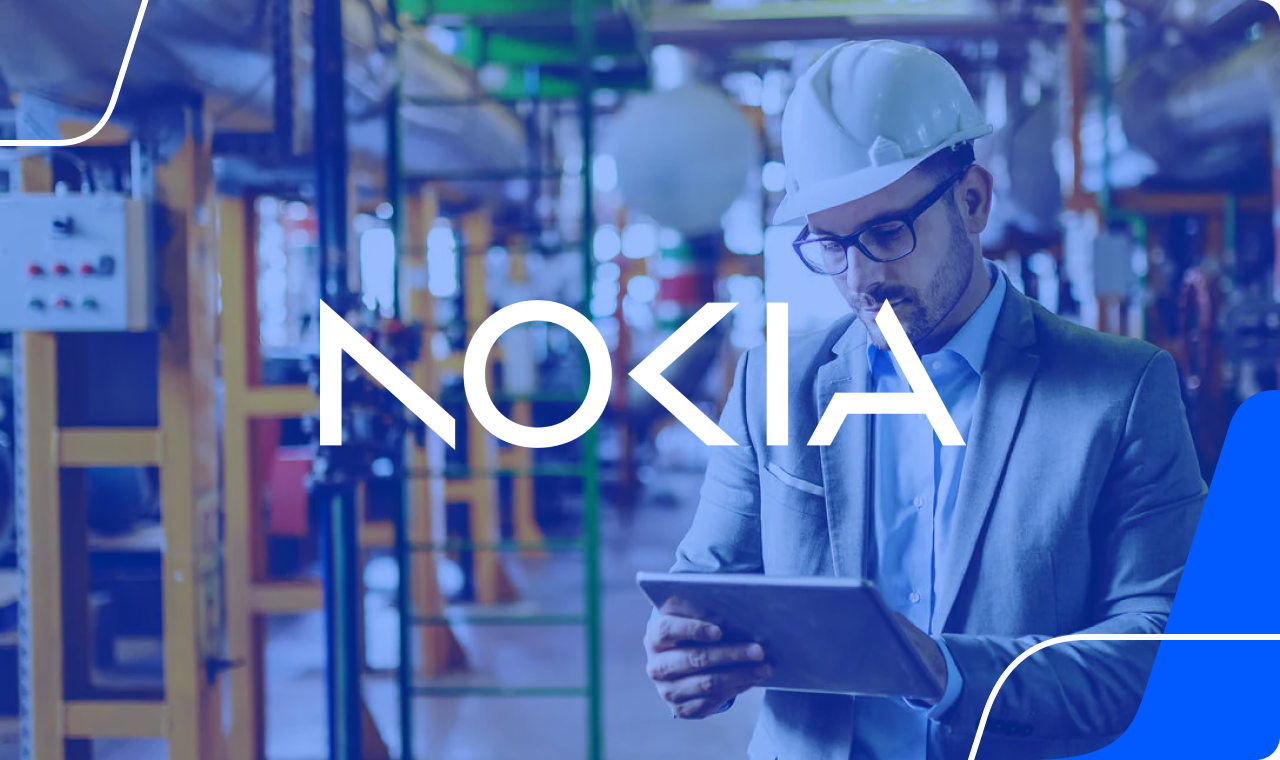- Solutions
- Solutions primary
- BY TEAM
- BY INDUSTRY
- BY USE
- BY SIZE
- Solutions secondary
- Let’s talk!
- Explore our business calling software
- Book a demo today
- Discover our integrations
- Turn CloudTalk into a much more powerful tool.
- Learn more
- Let’s talk!
- Solutions primary
- AI
- Features
- Integrations
- Integrations primary
- MOST POPULAR
- NEW
- first column
- second column
- Integrations secondary
- Let’s talk!
- Explore our business calling software
- Book a demo today
- Discover our integrations
- Turn CloudTalk into a much more powerful tool.
- View all integrations
- Let’s talk!
- Integrations list
- Integrations primary
- Pricing
- Resources
- Resources primary
- first column
- second column
- Resources secondary
- Book a demo today!
- Discover & access advanced features
- Schedule a demo
- Book a demo today!
- Resources primary
- Careers
FEATURE VS. FEATURE
Decoding Business Communication: Digital Phone vs. VoIP
Are you navigating the complexities of modern business communication? Discover the differences between Digital Phone and VoIP technology. Find the solution that best aligns with your communication needs.
Digital Phone
VoIP
Difference between Digital Phone and VoIP
Parameter
Digital Phone
VoIP
Mobility
Digital Phone systems rely on on-site infrastructure, they don’t lend themselves to a high degree of mobility.
VoIP can be used anywhere and is very flexible.
Bandwidth
Digital Phone systems typically require less data transfer compared to VoIP.
VoIP operates with comparatively little bandwidth usage.
Power Consumption
Digital phones use more power than VoIP, contributing to increased energy costs to the user.
VoIP systems are energy efficient, saving the user energy consumption costs.

What is Digital Phone technology & How does it work?
Digital Phone technology sends voice signals through circuit-switched networks, converting analog voice into digital data for transmission over copper wires.
This method ensures reliable voice quality, but it has scalability and cost limitations. Grasping the basics of digital phones sets the groundwork for comparing it with the more flexible VoIP system.
What is VoIP
& how does it work?
VoIP is an acronym for a Voice over Internet Protocol. It converts voice signals into digital data packets. Those are then transmitted over the internet, with no need for traditional phone lines. Once the data packets arrive at a recipient’s end, they transform back to voice signals.
VoIP software is cost-effective, scalable, and offers a wide range of features. If you are seeking an efficient and affordable communication solution, it’s a great choice.

Let’s talk about
pros and cons
Digital Phone
Cost-Efficient Local Calling
Digital Phone systems often offer affordable local calling rates, providing a budget-friendly solution for businesses operating within a specific geographic area.
Reliable Connection Without Internet Dependency
Stay connected even in low internet zones. Digital Phone technology ensures reliable communication independent of internet connectivity.
Enhanced Emergency Location Tracking
Digital Phone systems typically provide accurate location information to emergency services, ensuring a more reliable response in critical situations.
Flexible Scalability for Growing Businesses
Digital phones scale effortlessly, enabling businesses to expand communication as they grow. Add lines, support remote work, or open offices — flexibility for evolving needs.
Limited International Calling Savings
International calls might cost more. Digital Phone systems don’t always match VoIP in global call savings.
Less Flexible for Remote Work
Challenges for remote teams due to on-site ties. Digital Phone systems lack the flexibility of VoIP for teams operating off-site.
Hardware Maintenance Costs
While Digital Phone systems generally require less frequent maintenance, the hardware components may incur higher costs for repairs and replacements compared to VoIP.
VoIP
Save Money on International Calling
Avoid expensive long-distance calling charges with features like International numbers and save both yours and customers’ money.
Embrace Freedom With a Remote-friendly Solution
Break down geographical barriers. VoIP lets you receive calls from anywhere with an internet connection. This possibility is invaluable for remote teams.
Adjust Your Calling Software As You Grow
VoIP adapts to your needs, no matter the size of your business. The highly scalable and adjustable software helps you grow seamlessly.
Optimize Workflows With Diverse Features
Get a diverse range of features whatever your stage of growth and make team collaboration easier. Optimize workflow and maintain meaningful interactions with clients and partners.
You Need a Reliable Internet Connection
Just like cloud-based software, VoIP relies on a stable internet connection. You may experience delays, packet loss, and reduced call quality if your internet connection falters.
Location tracking May Be Limited
VoIP technology may fail to provide accurate location information to emergency services when a user dials 911. It can happen that VoIP doesn’t transmit accurate geographic data.
You Can Face Security Threats
Depending on a provider, VoIP can be vulnerable to security threats and cyberattacks like hacking, eavesdropping, and other malicious activities.
OUR FEATURES
Discover 4 most popular
VoIP features
FAQs
What is a Digital Phone?
Digital phone is an advanced communication device that utilizes digital technology for transmitting voice data over the internet. It operates via VoIP (Voice over Internet Protocol), enabling seamless and high-quality voice communication through internet connectivity.
These phones offer businesses flexibility, scalability, and a range of innovative features, making them a cornerstone of efficient communication strategies.
Is Digital Phone technology the Same as a Landline Phone?
While both digital phones and landline phones facilitate voice communication, they differ significantly in their technology and functionality. Digital phones operate over the internet, utilizing VoIP technology to transmit voice data digitally, ensuring higher call quality and cost-effectiveness.
On the other hand, traditional landline phones rely on copper wires and circuit-switched networks. The digital phone’s versatility and integration capabilities with various business tools make it a preferred choice for modern enterprises.
Why Use a Digital Phone?
Utilizing a digital phone in business operations offers numerous advantages, ranging from enhanced call quality to streamlined workflows. It empowers businesses with features like call analytics, call recording, and seamless integration with customer relationship management (CRM) systems.
Furthermore, digital phones are highly scalable, allowing businesses to adapt their communication infrastructure according to their needs. Embracing digital phones translates to improved customer interactions, increased team productivity, and ultimately, higher business efficiency.
CloudTalk is a data-driven solution for exceptional customer experience and intelligence is a key part of it.
Schedule a demo today and find out for yourself.























